On the morning of May 2, at the Dong Tien Commune Cultural House (Ham Thuan Bac), 20 students who are women's union members and farmers in the commune were taught the traditional weaving profession.
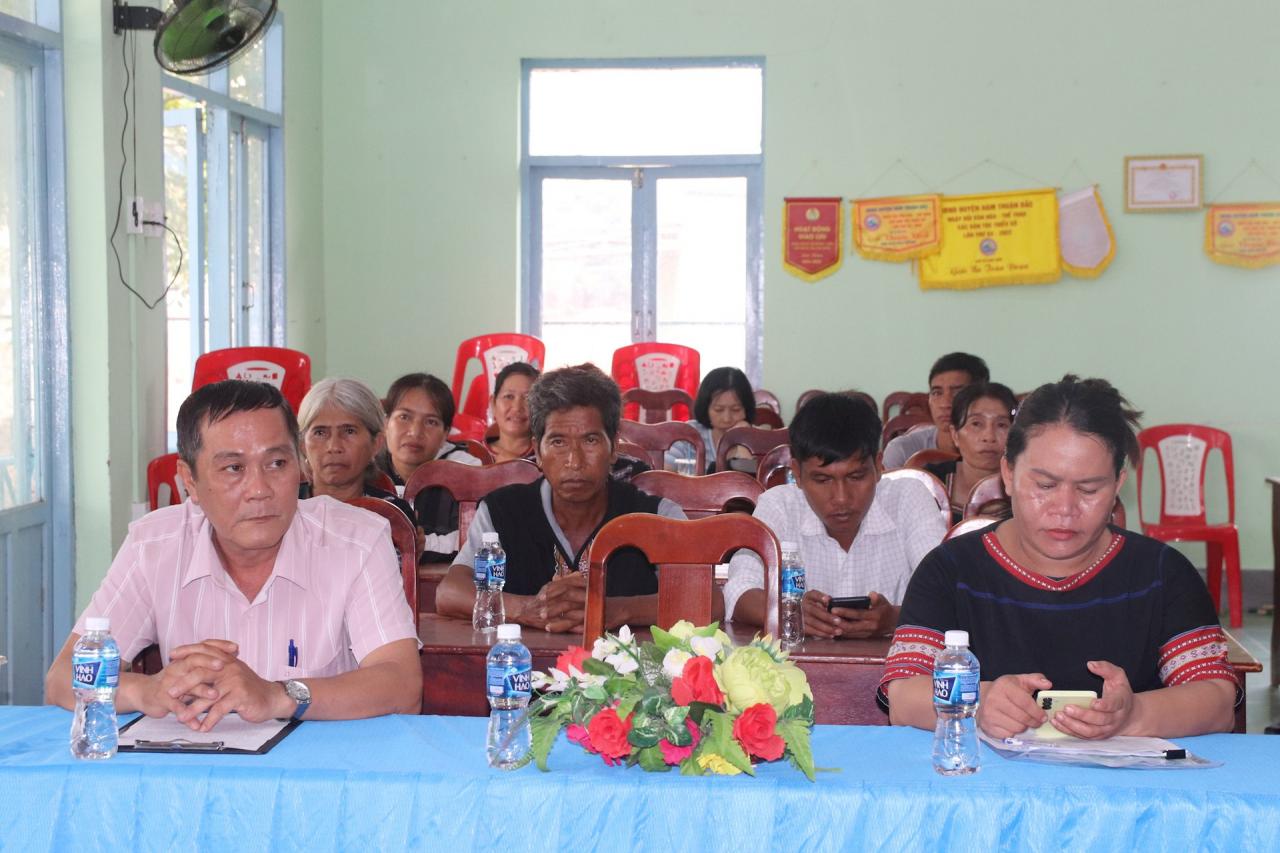
The class is organized by the Provincial Museum, within the Project "Preserving and promoting the fine traditional cultural values of ethnic minorities associated with tourism development" under the National Target Program on socio-economic development in ethnic minority and mountainous areas for the period 2021 - 2030.
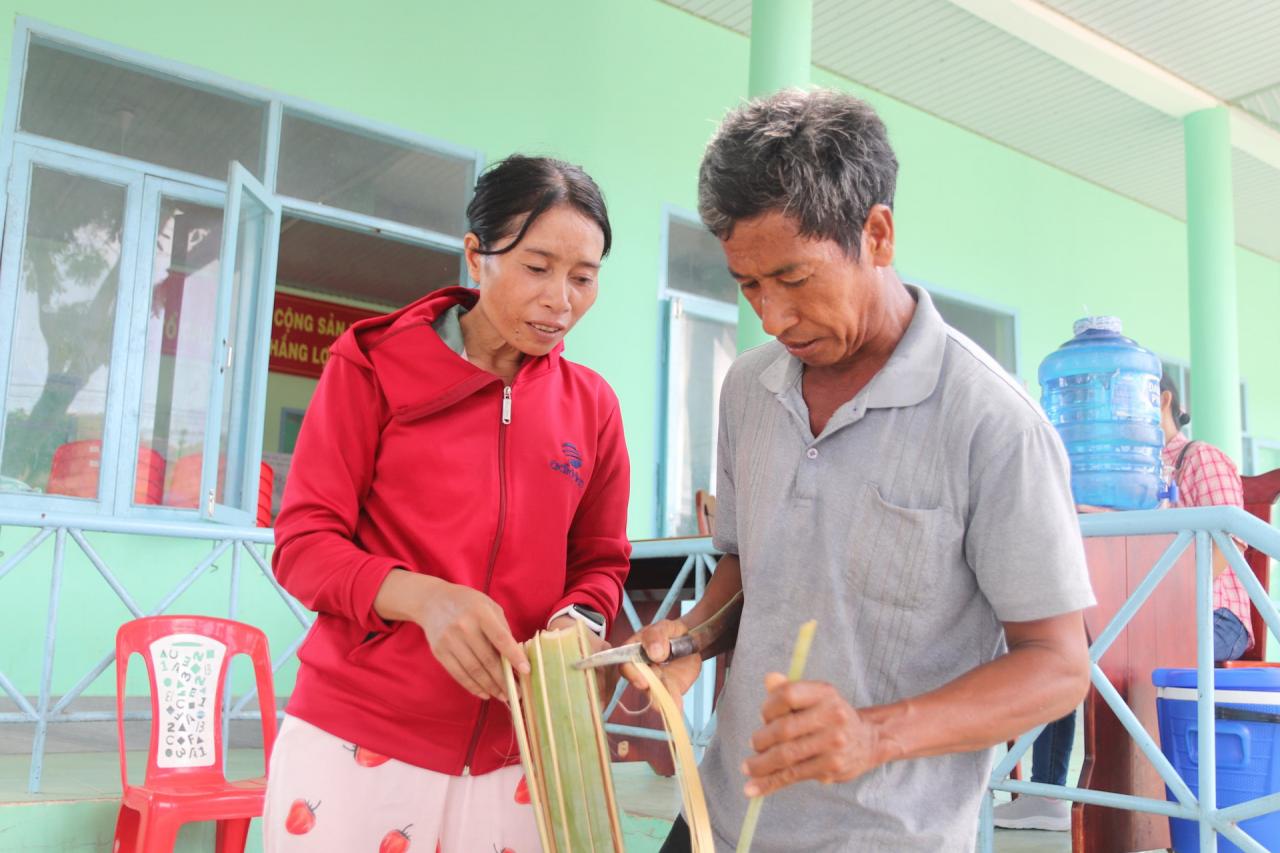
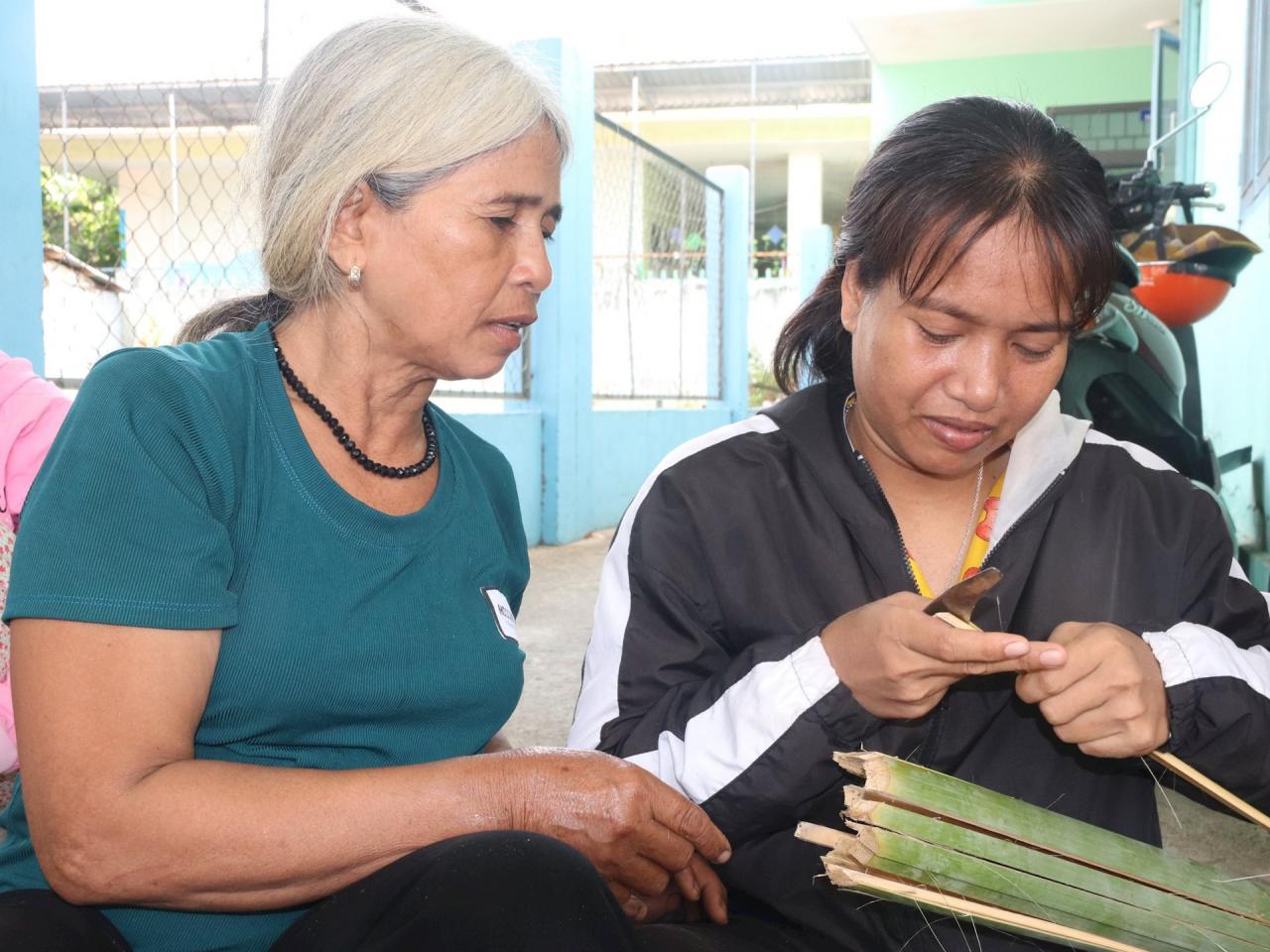
During the 10-day course (from May 2 to 12), students will be guided by two artisans on the process and techniques of selecting materials, processing, using materials and practicing weaving to create beautiful, quality products that can be sold on the market, generating income, as well as serving family needs.
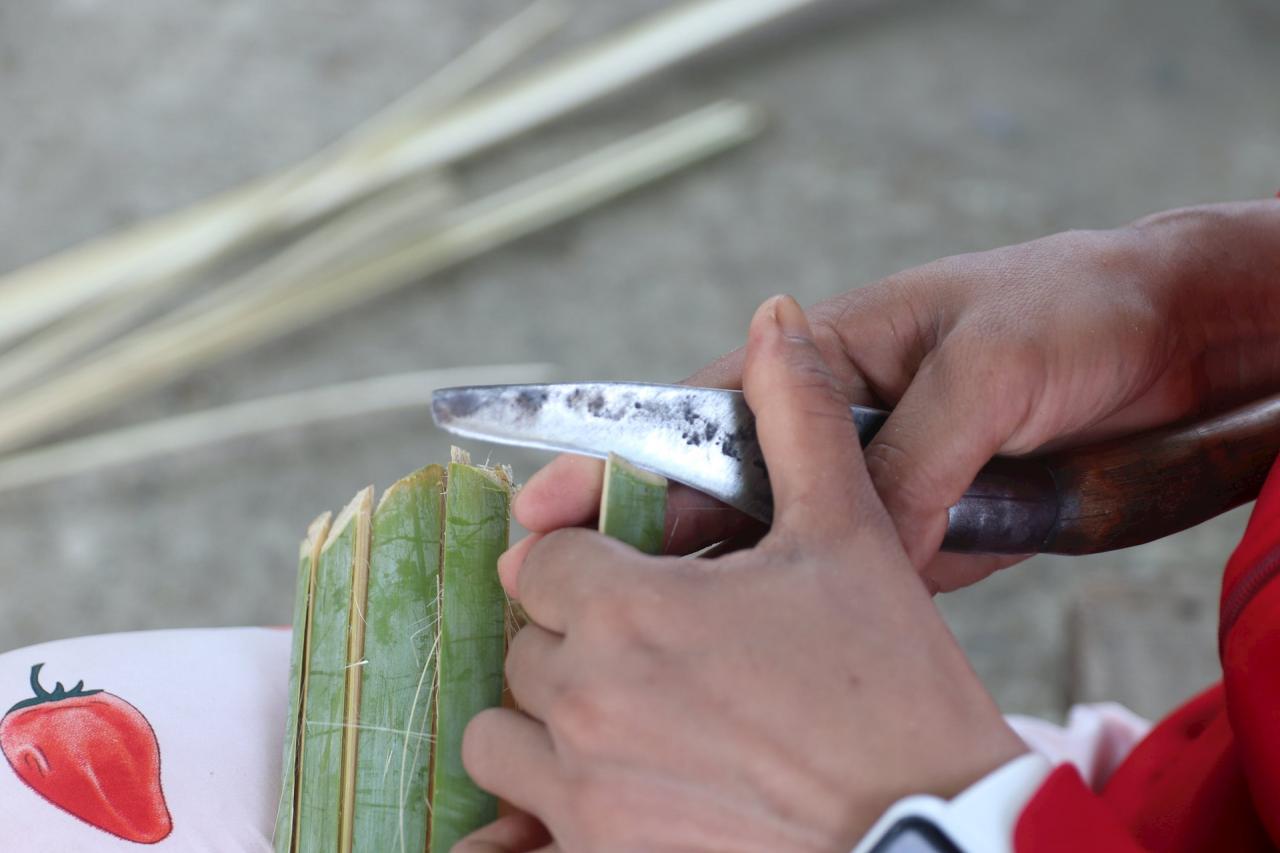
Mr. Tran Xuan Phong - Deputy Director of the Provincial Museum said: Weaving is a traditional craft that plays an important role, closely associated with the long-standing production practices of the Kho people in Dong Tien commune. Weaving products here are quite rich and diverse, including daily-use items such as baskets, trays, winnowing baskets, sieves, etc., made from different materials, easy to use and environmentally friendly such as rattan, bamboo, grass, leaves, etc. and easily exploited in the forest, near the place of residence.
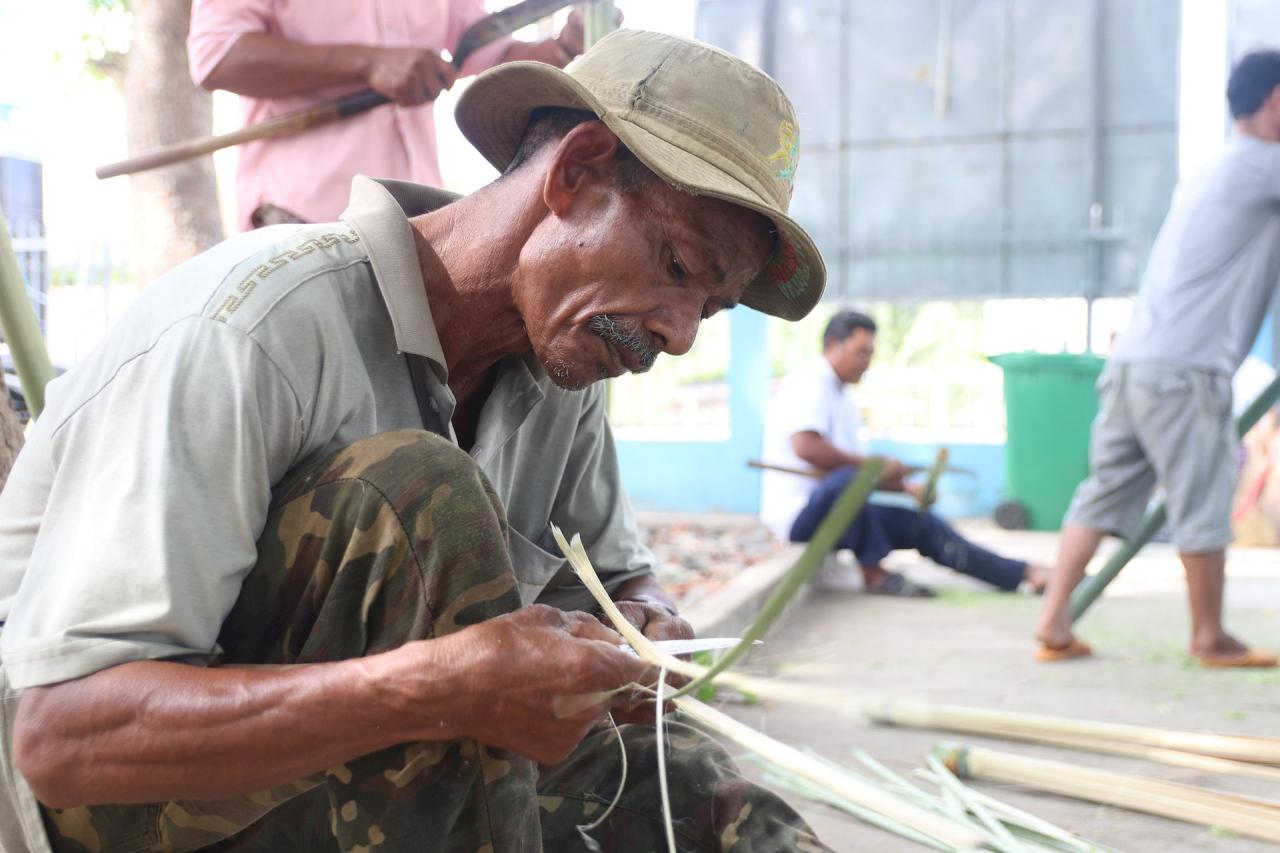
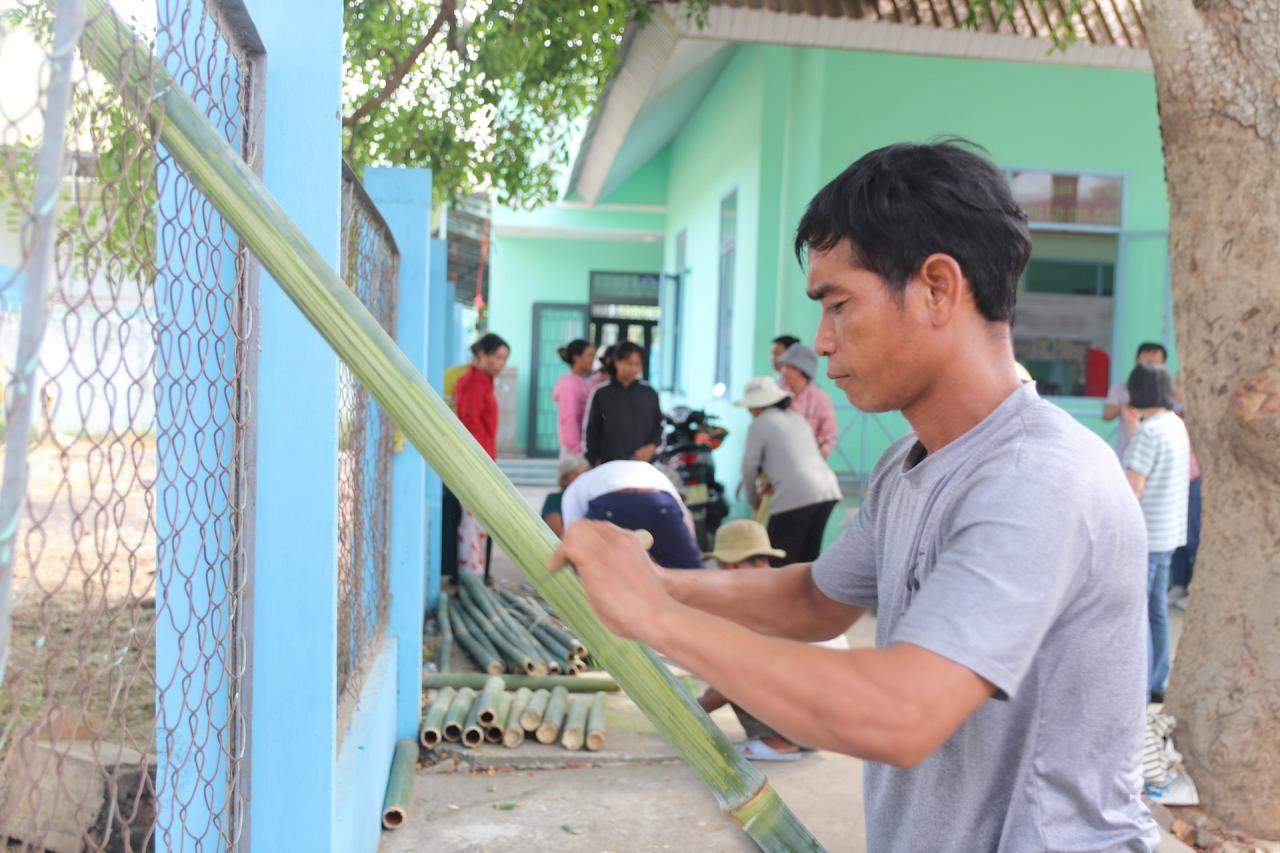
In particular, the basket is a typical woven product, made quite elaborately, meticulously and indispensable in the daily life of the Kho people. In addition to being used to hold household items, the basket also plays a very important role in the ethnic festivals such as the New Rice Festival, Yang worshiping ceremony... However, the number of people who know how to weave is decreasing, mainly the elderly, so preserving and maintaining the traditions of the Kho people is a necessary task.
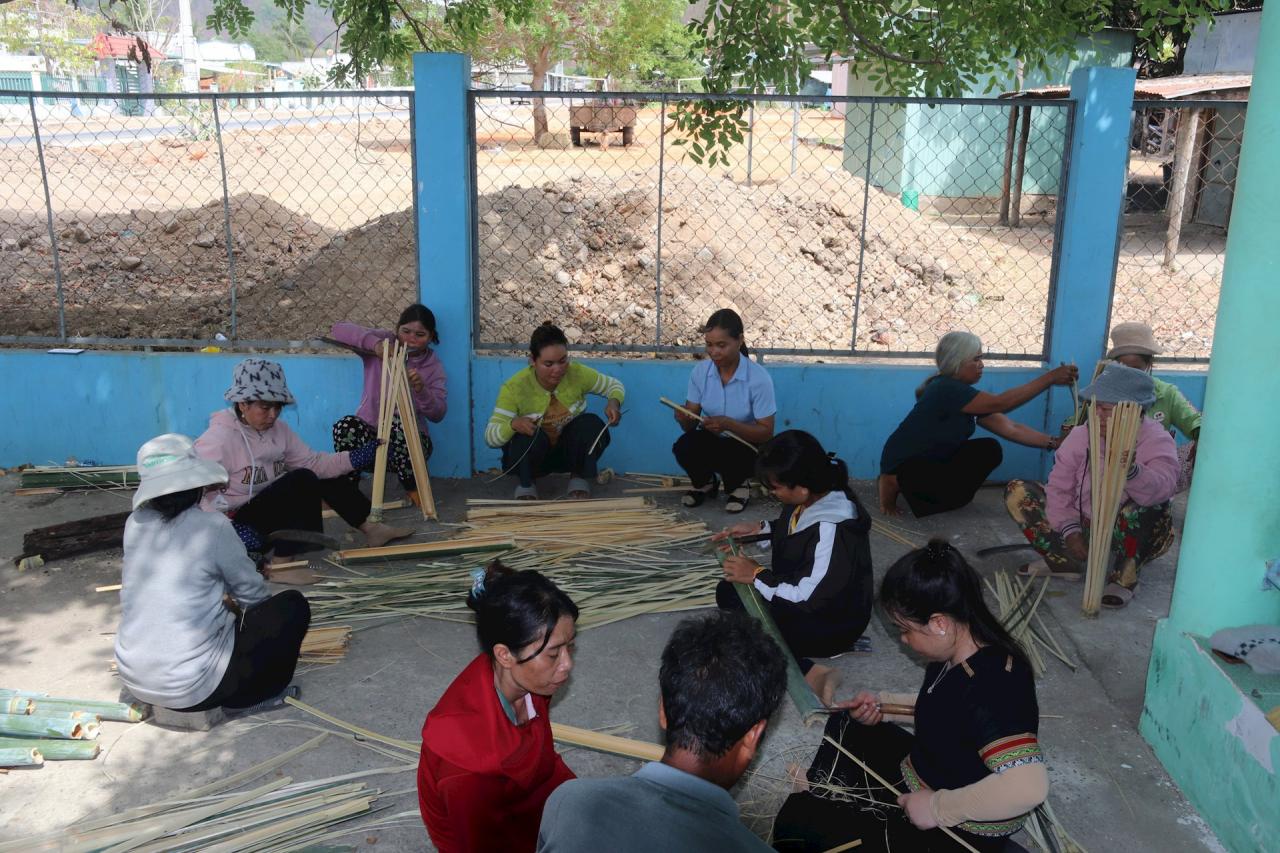
Up to now, the Provincial Museum has opened 2 classes to teach traditional weaving to ethnic minority students. Thereby, contributing to restoring, preserving, and maintaining traditional culture, enriching the cultural and spiritual life of the people and practically contributing to the socio-economic development in the area.
Source


![[Photo] Prime Minister Pham Minh Chinh meets with King Philippe of Belgium](https://vstatic.vietnam.vn/vietnam/resource/IMAGE/2025/4/1/be2f9ad3b17843b9b8f8dee6f2d227e7)
![[Photo] General Secretary To Lam receives King Philippe of Belgium](https://vstatic.vietnam.vn/vietnam/resource/IMAGE/2025/4/1/e5963137a0c9428dabb93bdb34b86d7c)

![[Photo] Close-up of Vietnam's sniffer dog team searching for earthquake victims in Myanmar](https://vstatic.vietnam.vn/vietnam/resource/IMAGE/2025/4/1/d4949a0510ba40af93a15359b5450df2)
![[Photo] President Luong Cuong and King Philippe of Belgium visit Thang Long Imperial Citadel](https://vstatic.vietnam.vn/vietnam/resource/IMAGE/2025/4/1/cb080a6652f84a1291edc3d2ee50f631)

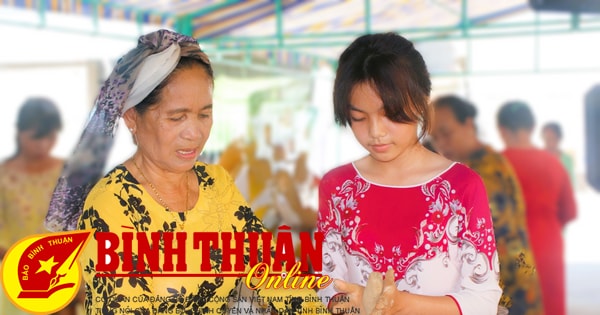
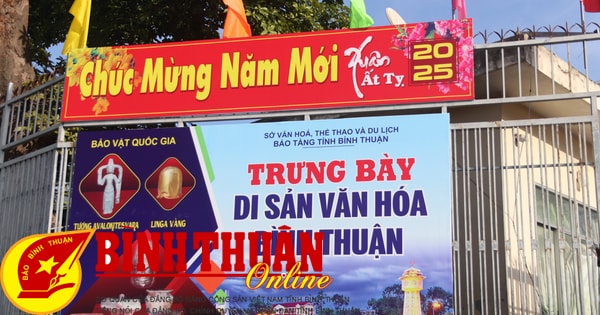
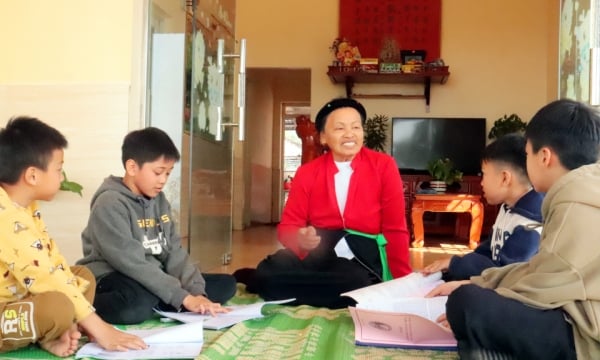
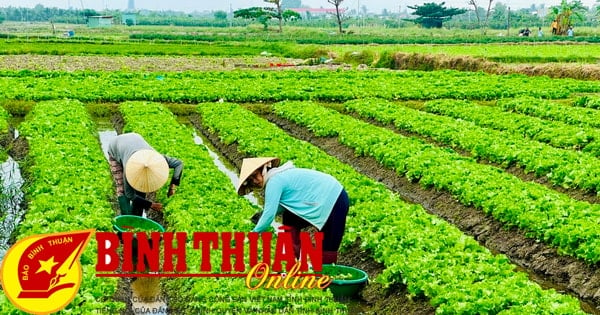
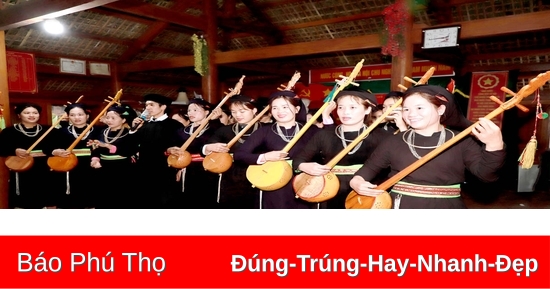
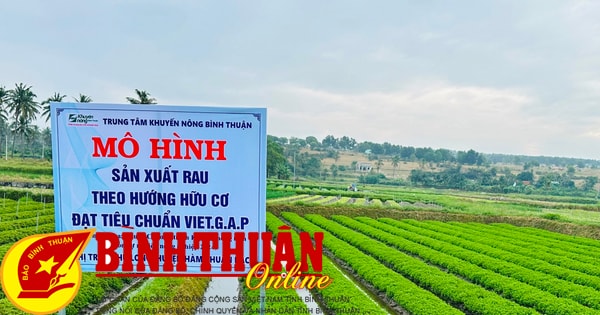
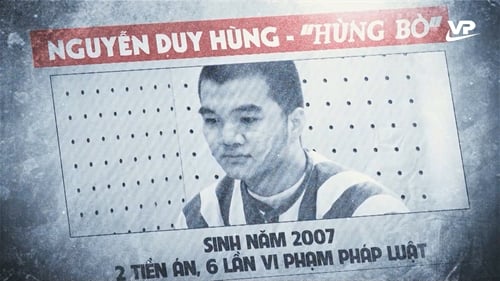
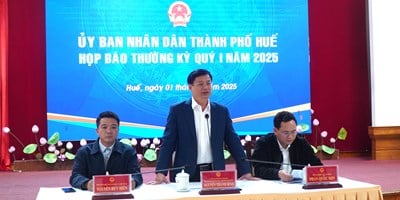
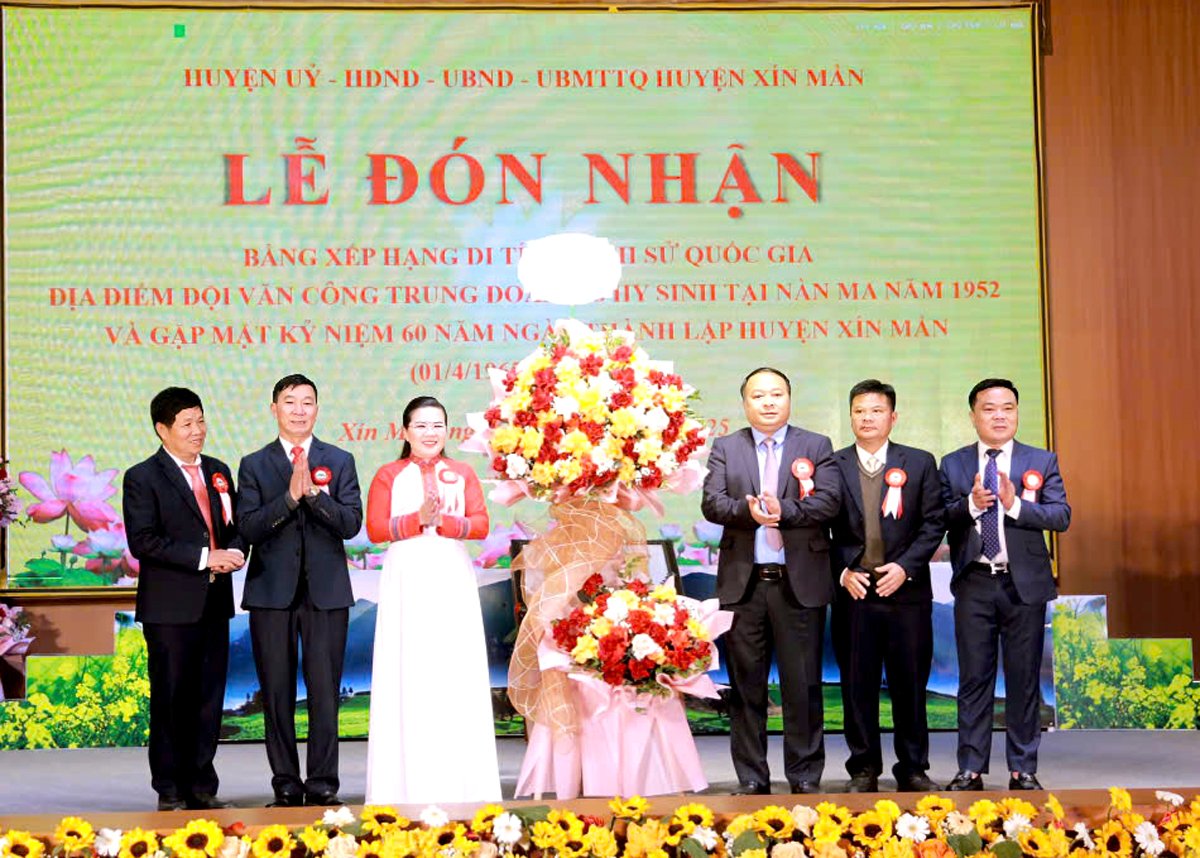
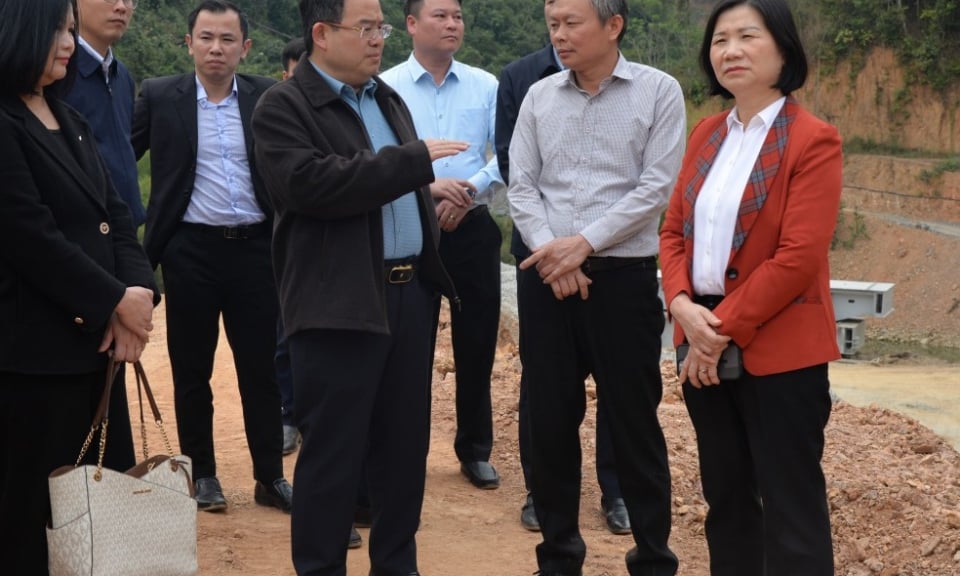
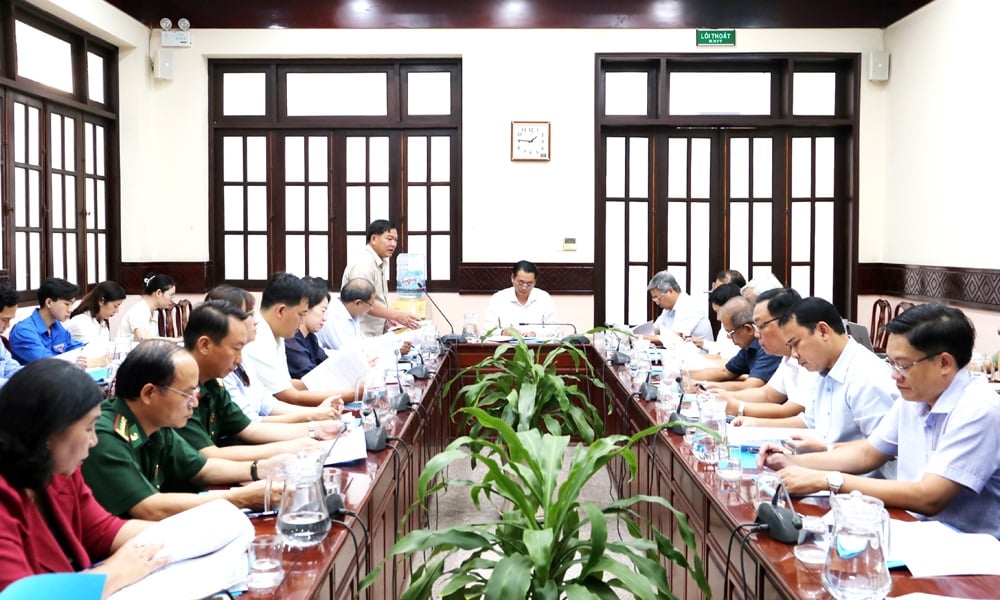





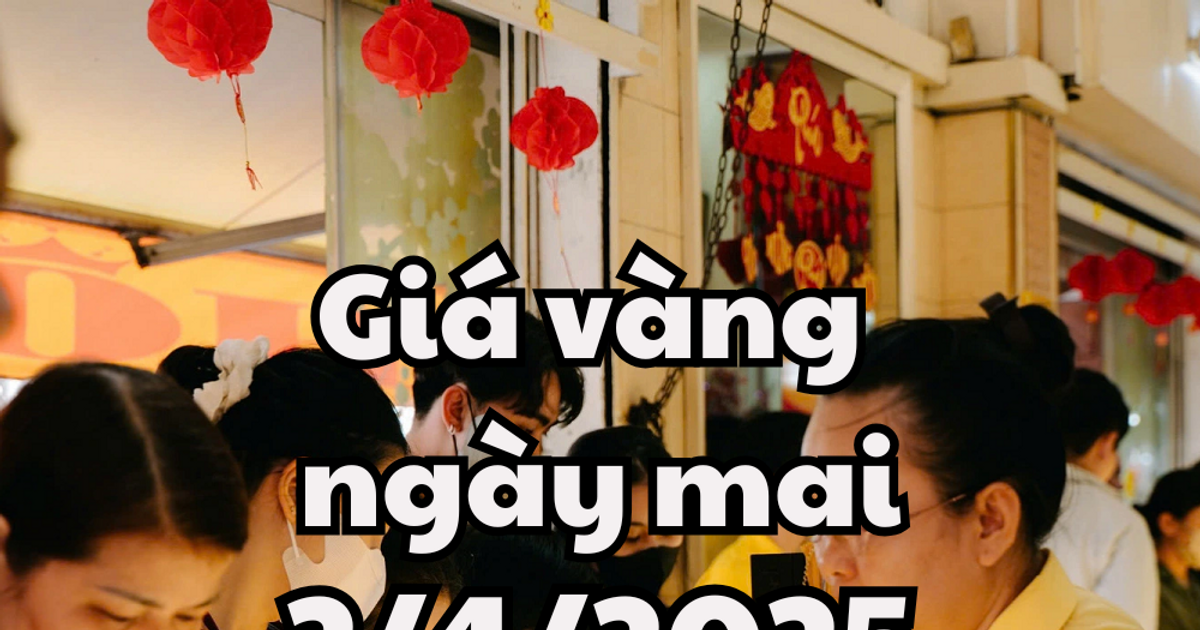
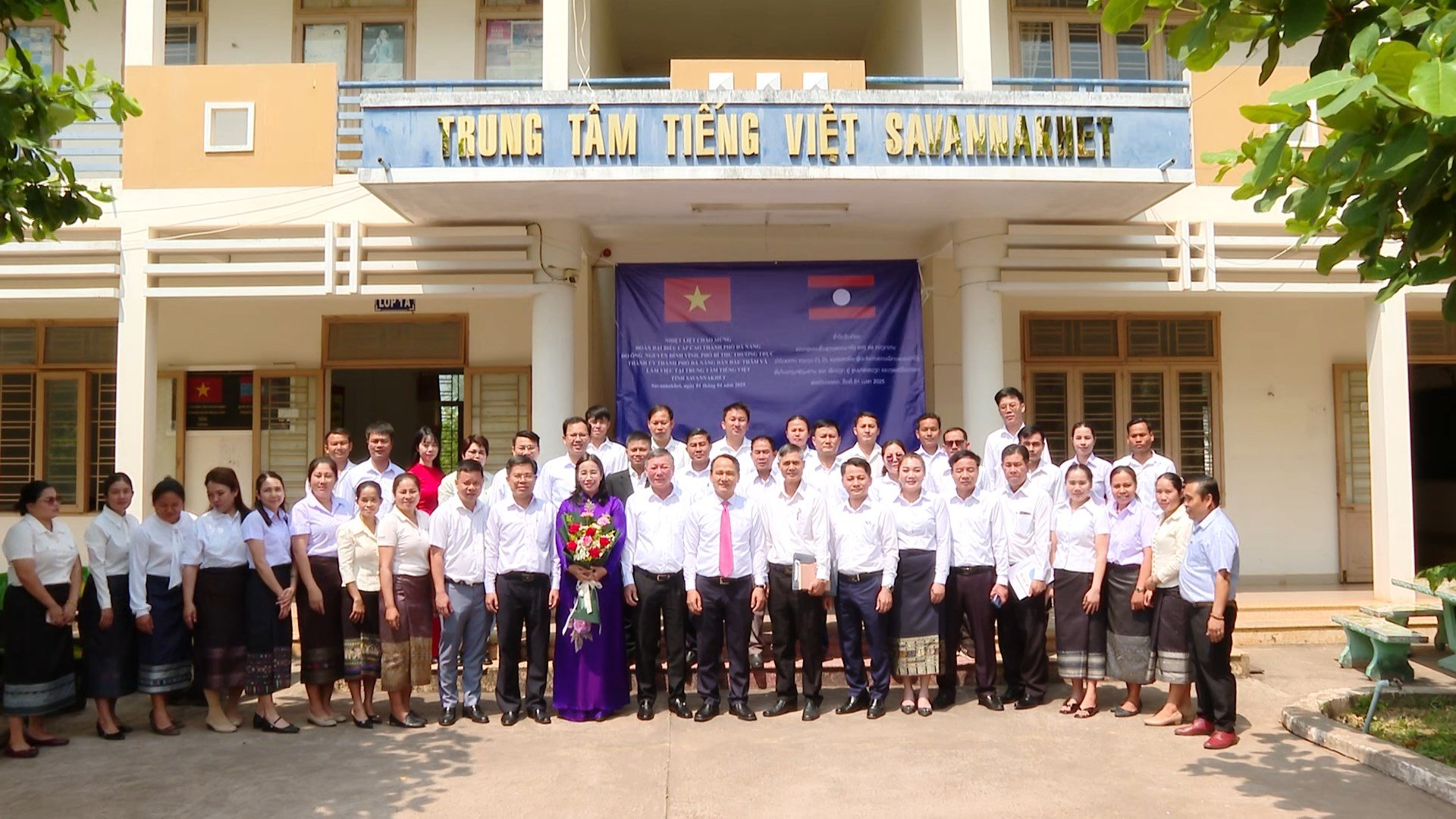
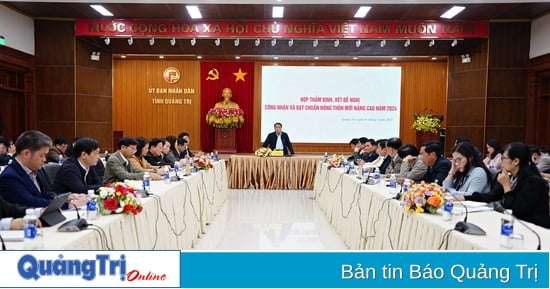

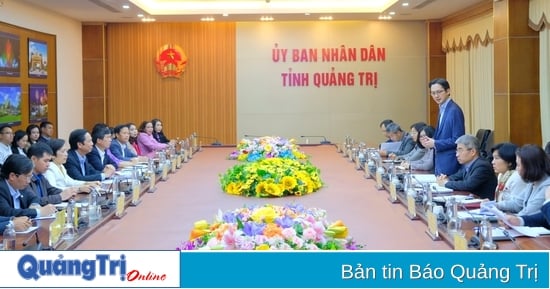
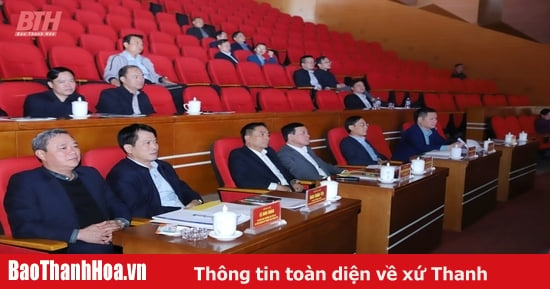
![[Photo] Myanmar's capital in disarray after the great earthquake](https://vstatic.vietnam.vn/vietnam/resource/IMAGE/2025/4/1/7719e43b61ba40f3ac17f5c3c1f03720)










































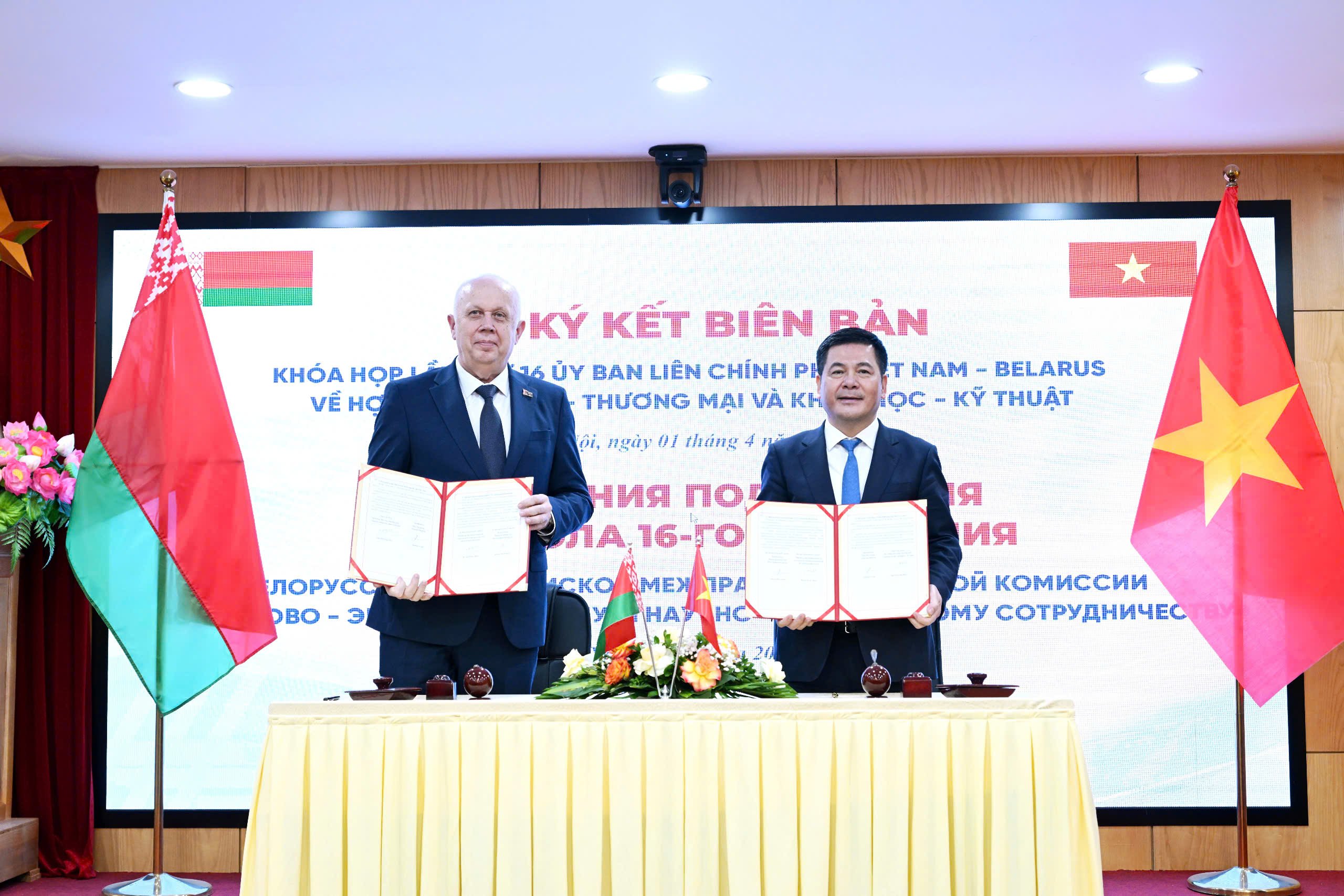
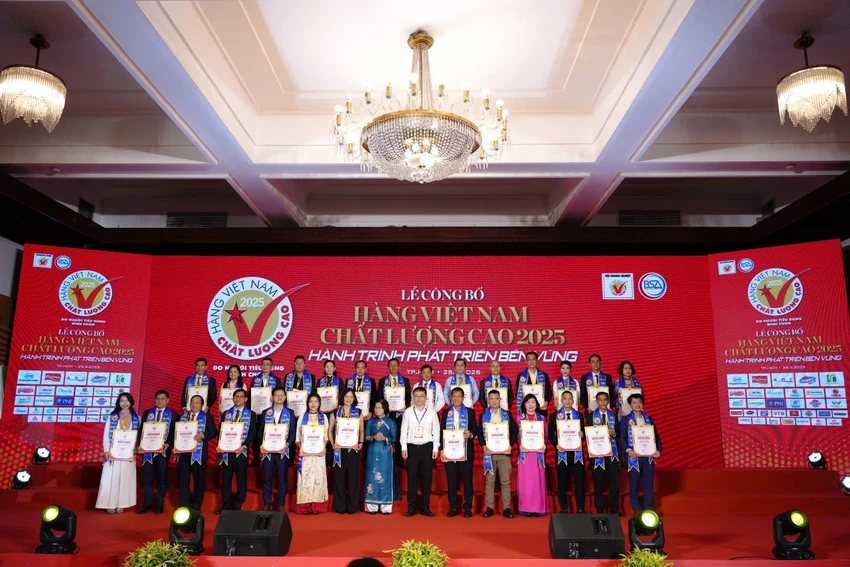

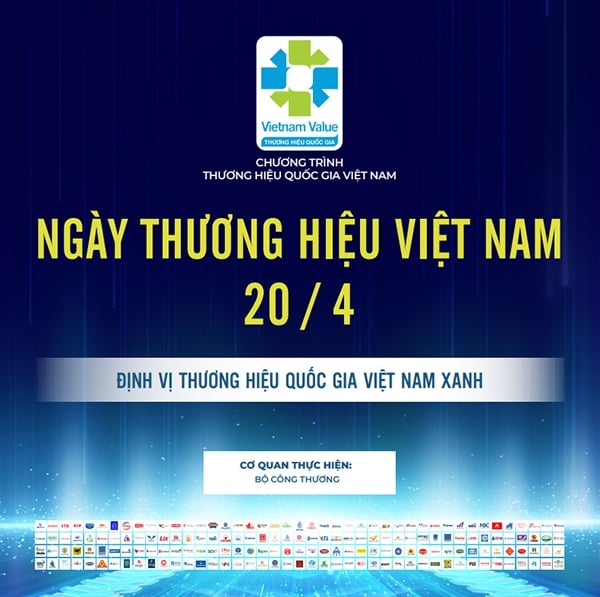
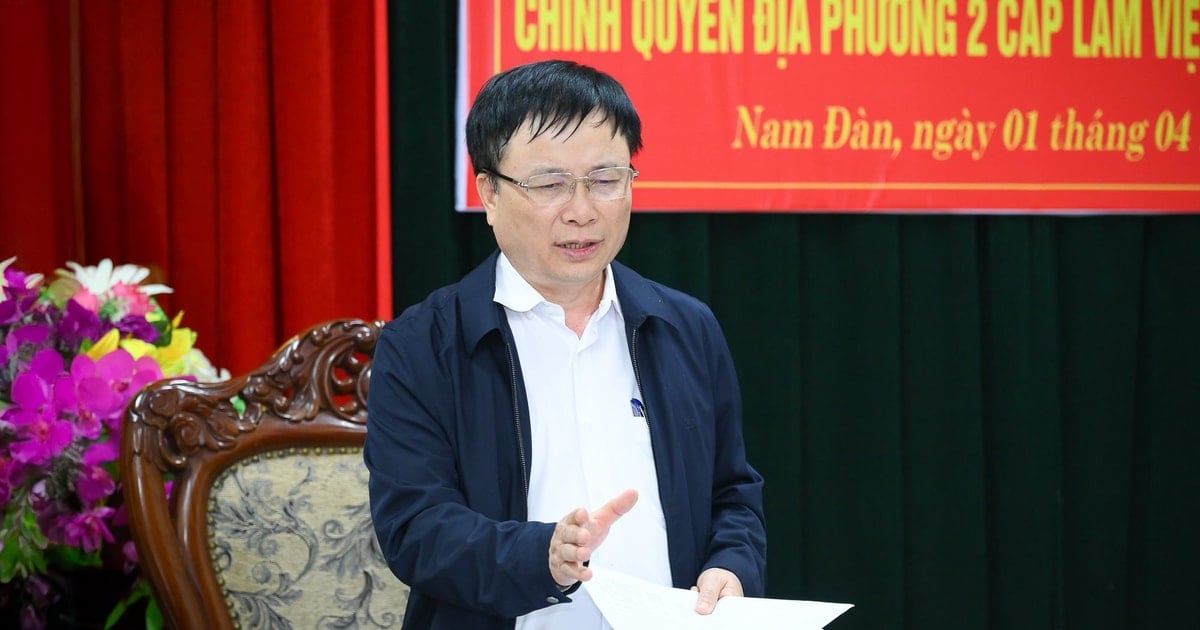

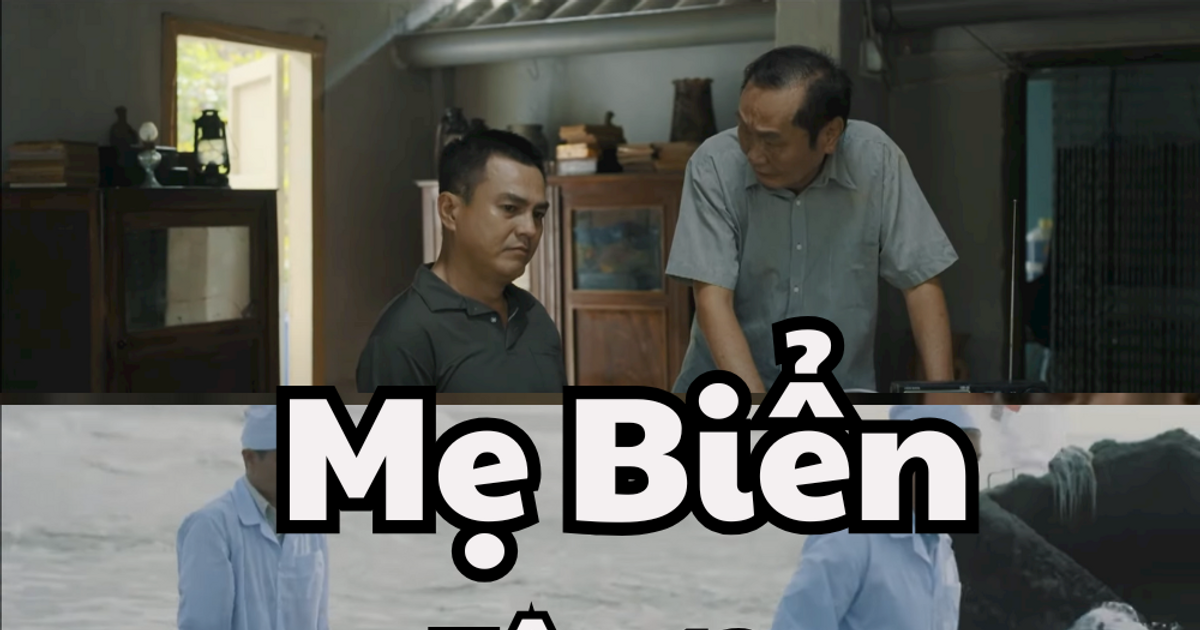










Comment (0)